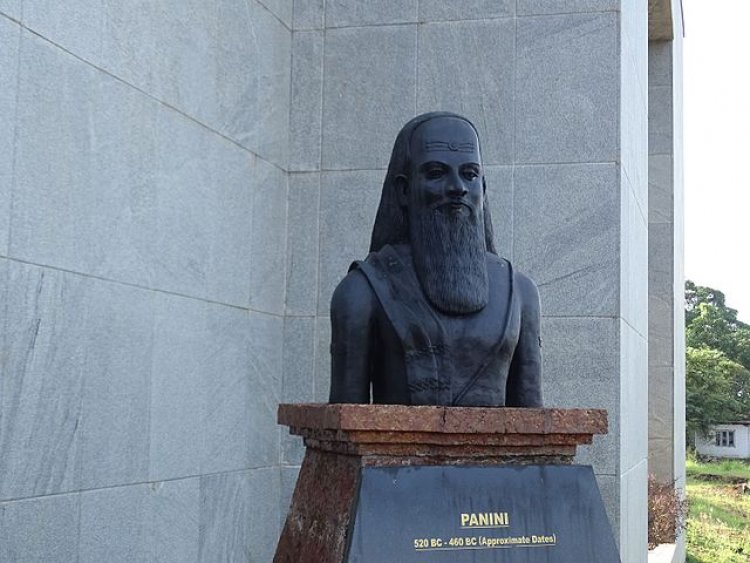How You Know You're Doing Patriotic life The Right Way

Patriotism or national pride is the feeling of love, devotion, and a sense of attachment to a homeland or the country and alliance with other citizens who share the same sentiment to create a feeling of oneness among the people.
This attachment can be a combination of many different feelings, language relating to one's own homeland, including ethnic, cultural, political or historical aspects. It encompasses a set of concepts closely related to nationalism and mostly liberal nationalism.
Some manifestations of patriotism emphasize the "land" element in love for one's native land and use the symbolism of agriculture and the soil – compare Blut und, Boden.
An excess of patriotism in the defence of a nation is called chauvinism; another related term is jingoism. The concept of Patriotism in America differs radically from the original European meaning.
The English word 'Patriot' derived from "Compatriot," in the 1590s, from Middle French "Patriote" in the 15th Century. The French word's "Compatriote" and "Patriote" originated directly from Late Latin Patriota "fellow-countryman" in the 6th Century.
From Greek Patriotes "fellow countryman," from Patriots "of one's fathers," Patris "fatherland." The term Patriot was "applied to barbarians who were perceived to be either uncivilized or primitive who had only a common Patris or fatherland."
The original European meaning of Patriots applied to anyone who was a fellow countryman originated from that country regardless of the social-economic status.
The general notion of civic virtue and group dedication has been attested in culture globally throughout the historical period.[citation needed] For the Enlightenment thinkers of 18th-century Europe, loyalty to the state was chiefly considered in contrast to loyalty to the Church. It was argued that clerics should not be allowed to teach in public schools since their patrie was heaven so that they could not inspire a love of the homeland in their students. One of the most influential proponents of this classical notion of patriotism was Jean-Jacques Rousseau.
Enlightenment thinkers also criticized what they saw as the excess of patriotism. In 1774, Samuel Johnson published The Patriot, a critique of what he viewed as false patriotism. On the evening of 7 April 1775, he made the famous statement, "Patriotism is the last refuge of the scoundrel."
James Boswell, who reported this comment in his Life of Johnson, does not provide context for the quote, and it has therefore been argued that Johnson was in fact attacking the false use of the term "patriotism" by contemporaries such as John Stuart, 3rd Earl of Bute (the patriot-minister) and his supporters; Johnson spoke elsewhere in favour of what he considered "true" patriotism.
However, there is no direct evidence to contradict the widely held belief that Johnson's famous remark was a criticism of patriotism itself.
What's Your Reaction?











































































